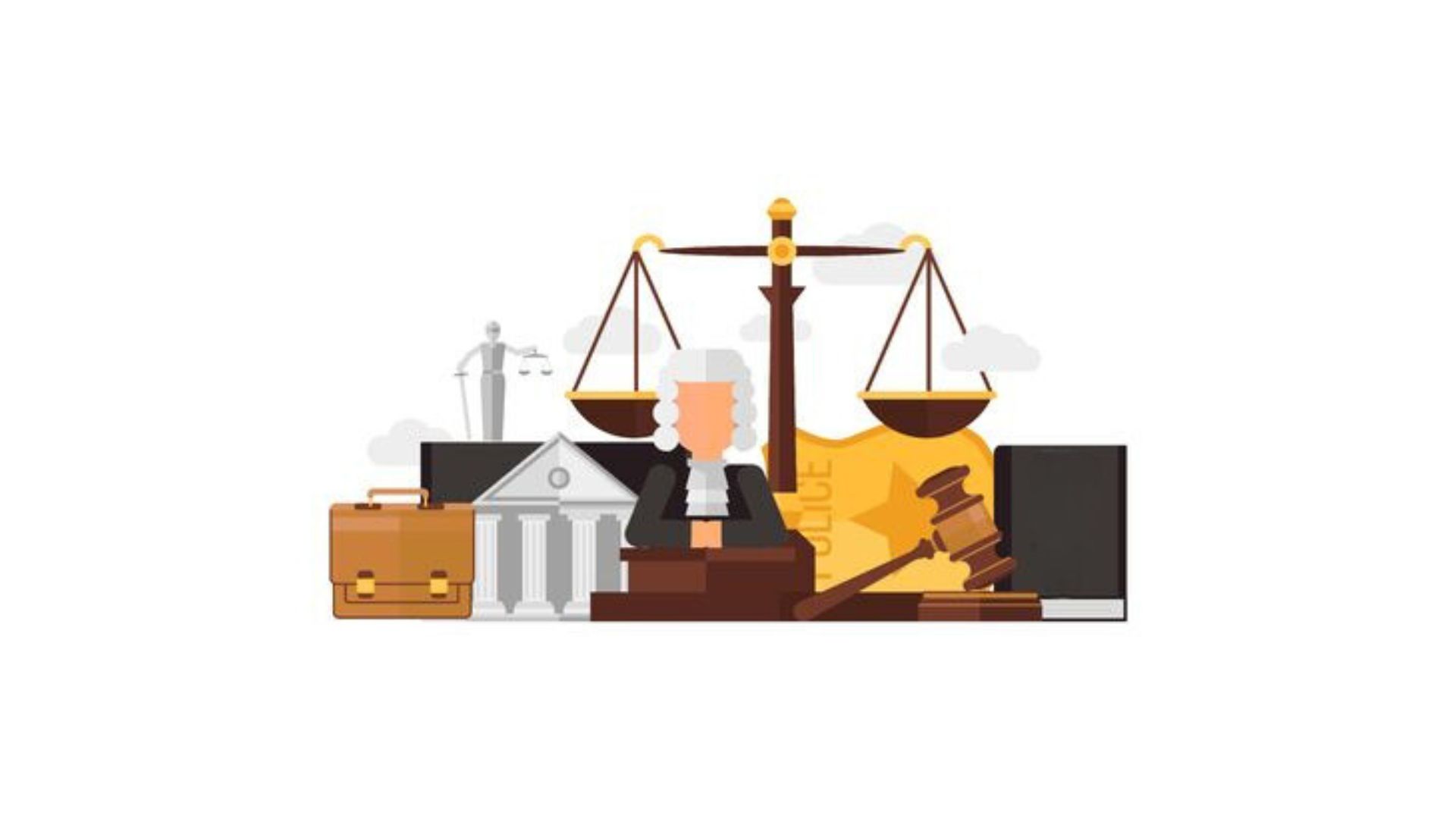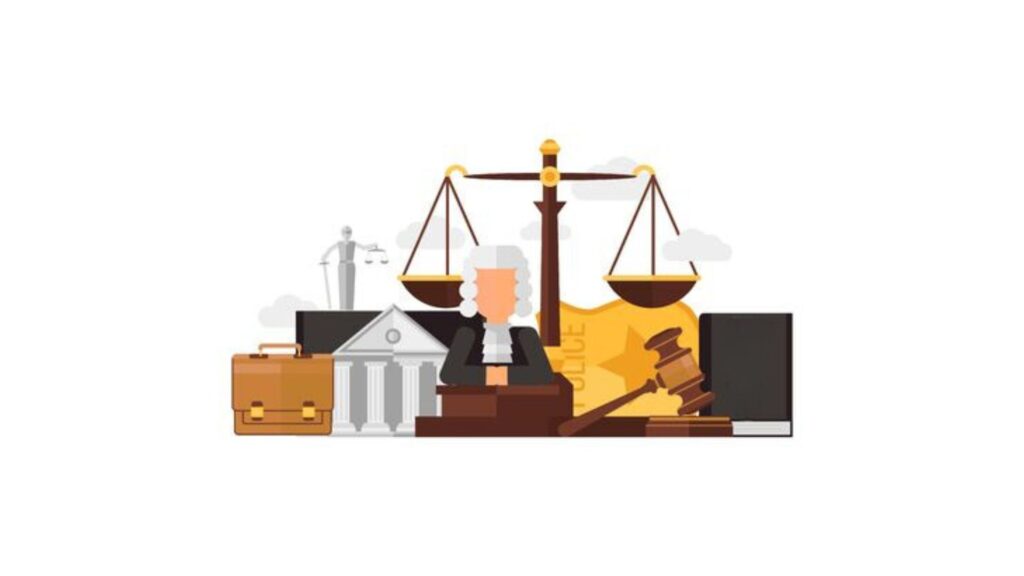
27 Jun Legal Implications of Address Errors in Tax Notices

Introduction
In the recent case of C. Ekambaram v. Assistant Commissioner of GST And Central Excise, the Hon’ble Madras High Court deliberated on a critical issue concerning procedural fairness in taxation matters. The case revolved around whether a fresh opportunity should be granted for personal hearing and filing of reply when a Show Cause Notice (SCN) was mistakenly sent to the old address of the Assessee. This article explores the details of the case, the implications of the court’s decision, and its broader impact on administrative proceedings.
Facts of the Case
Ekambaram, referred to as the Petitioner, challenged an Order-in-Original dated October 26, 2022, issued by the Revenue department. The Petitioner contended that the Impugned Order, which stated that no person was found at the address where the SCN was sent, was erroneous. This was because the Petitioner had already relocated to a new address. The SCN was dispatched to the old address based on outdated information retrieved from the Income Tax Portal, where the Assessee’s address had not been updated.
Issue
The primary issue before the court was whether it was justifiable to proceed with the tax demand without affording the Petitioner an opportunity to respond due to the mailing of the SCN to an incorrect address.
Held by the Hon’ble Madras High Court
In W.P. No. 12380 of 2024, the Hon’ble Madras High Court ruled in favor of C. Ekambaram. The court emphasized the importance of upholding principles of natural justice, particularly the right to be heard. It held that the Assessee must be given a fair opportunity to contest the tax demand on its merits. Therefore, the Impugned Order was set aside, and the Petitioner was directed to file a reply and participate in a personal hearing after receiving the SCN at the correct address.
Importance of Address Verification in Legal Notices
Address verification holds significant importance in legal notices, ensuring that communication reaches the intended recipient in a timely and effective manner. Errors in address information can lead to procedural complications and may deny individuals their right to respond adequately to legal proceedings.
Legal Implications of Address Errors in Notices
The case of C. Ekambaram highlights the legal implications of address errors in notices, particularly in tax-related matters. Such errors can undermine the procedural fairness guaranteed under the law, potentially impacting the outcome of administrative decisions and leading to judicial interventions.
Procedural Fairness in Taxation Matters
Ensuring procedural fairness is crucial in taxation matters to uphold the rule of law and protect the rights of taxpayers. Fair procedures not only foster trust in the administrative process but also contribute to the effective administration of tax laws.
Fundamental Principles of Natural Justice
The principles of natural justice, including audi alteram partem (hear the other side), are foundational in legal proceedings. These principles mandate that no decision should be made against a person without giving them a fair opportunity to present their case and respond to allegations made against them.
Case Analysis: C. Ekambaram v. Assistant Commissioner of GST And Central Excise
Background of the Case
Ekambaram’s writ petition challenged the validity of the Impugned Order issued by the Revenue department concerning a tax demand.
Petitioner’s Arguments
The Petitioner argued that the SCN was sent to an old address, resulting in the denial of their right to contest the demand.
Respondent’s Position
The Respondent defended the Impugned Order, citing administrative procedures but acknowledged the error in address communication.
Court’s Decision and Reasoning
The Hon’ble Madras High Court sided with the Petitioner, stressing that administrative errors should not deprive individuals of their right to procedural fairness.
Significance of Court’s Decision
The decision in C. Ekambaram’s case underscores the judiciary’s commitment to upholding fair procedures in administrative actions, ensuring justice is served without prejudice or procedural lapses.
Practical Implications for Taxpayers
For taxpayers, this ruling serves as a reminder of their rights in administrative proceedings and the importance of keeping address information updated with relevant authorities to avoid procedural disadvantages.
Conclusion
The judgment in C. Ekambaram v. Assistant Commissioner of GST And Central Excise reaffirms the judiciary’s role in safeguarding procedural fairness in taxation matters. It establishes a precedent that errors in address communication cannot undermine an individual’s right to a fair hearing and the opportunity to contest legal demands. Upholding principles of natural justice remains pivotal in maintaining trust and integrity in administrative processes.


No Comments